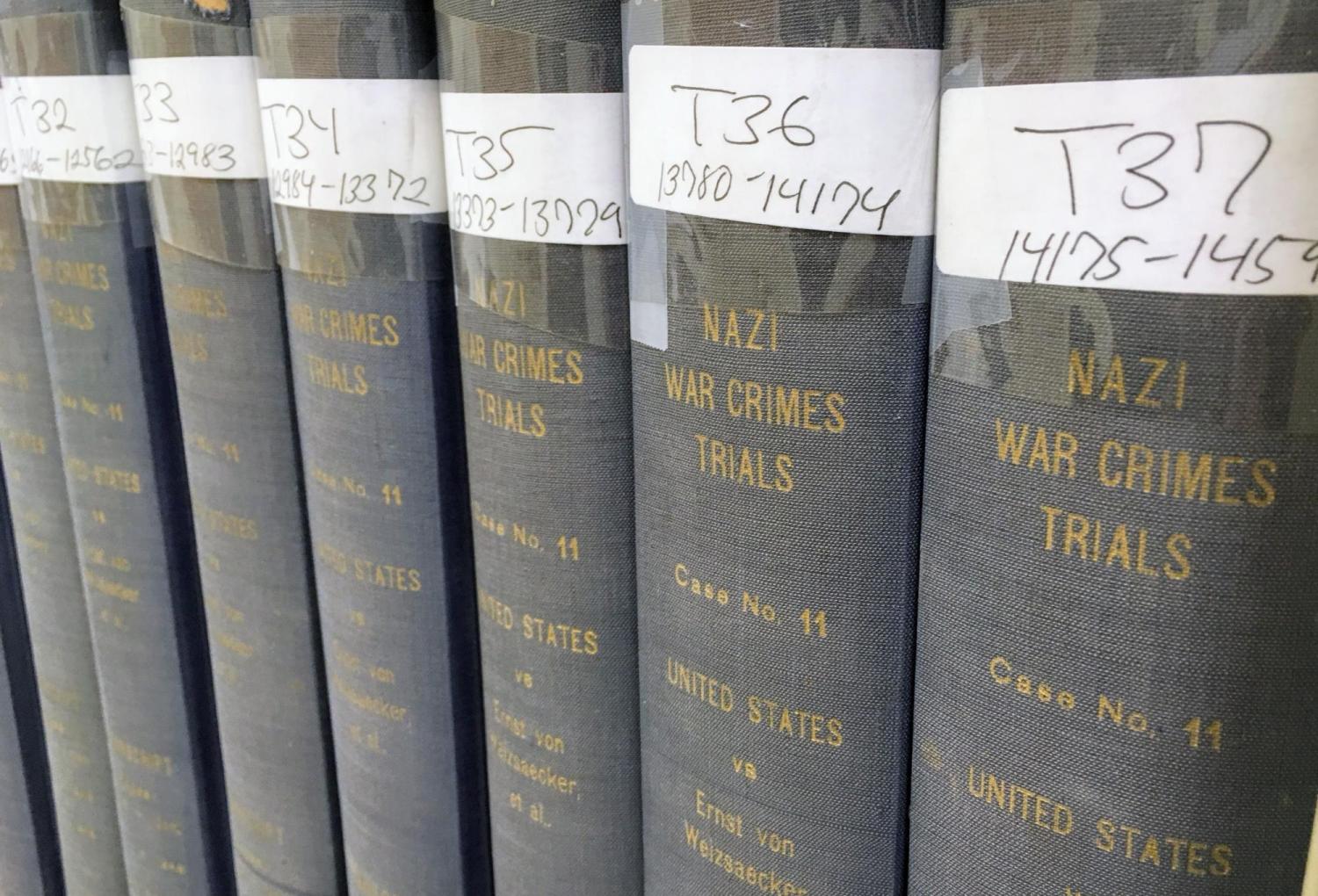From the Archives: Harry W. Mazal

Harry W. Mazal was born in 1937 and raised in Mexico City, Mexico. Although his parents were Sephardic Orthodox Jews, Mazal was raised Protestant, only discovering that he was Jewish in his teenage years. Mazal believed that his parents chose to not raise their children Jewish in order to protect the family from antisemitism. Similar to other families during that period, his family did not speak about the Holocaust or the war.
Mazal would learn later in his adult life that much of his grandmother’s family, who were from Salonika, Greece, perished in the Nazi camps Auschwitz, Treblinka, and Stutthof. In 1967, together with his wife Jerry, Mazal traveled to Germany, a trip that had a profound impact on his life. While in Germany, he began to learn more about World War II and the history of the Holocaust. A voracious reader, Mazal began to immerse himself in Jewish history, focusing on the impact of WWII.
In 1990, the Mazals moved to San Antonio, Texas. Around this time, Mazal became aware of the growing presence of groups denying the Holocaust, especially on the Internet. Given the Nazis’ habit of keeping meticulous records of their atrocities, Mazal found it difficult to believe that anyone could deny the Holocaust, so he dedicated himself to refuting and discrediting Holocaust denial by collecting historical documents. Mazal traveled the world to research and collect materials on the Holocaust, and by 1993, his collection had outgrown the shelves of his house. He built the first of three expansions to his home, which ultimately became the Mazal Holocaust History Library. Among his more notable acquisitions was the entire fifteen volume set of the Nuremburg War Crimes trials, documentation of the Eichmann trial, and an oversized book about the construction, plans, and operations of the gas chambers at Birkenau. Funded entirely with Mazal's own money, the library was open primarily to researchers and scholars from around the world. Materials from the Harry W. Mazal Holocaust Collection played an important role in the libel case filed in British courts by David Irving against noted Emory University Holocaust scholar and historian, Deborah Lipstadt.
This is story #98 in our series: 100 Stories for 100 Years from the Archives. The University of Colorado Boulder Libraries will celebrate the centennial anniversary of the Archives on June 6, 2018 with tours of the archives and a reception at 4 pm in Norlin Library. We hope you will join us!

